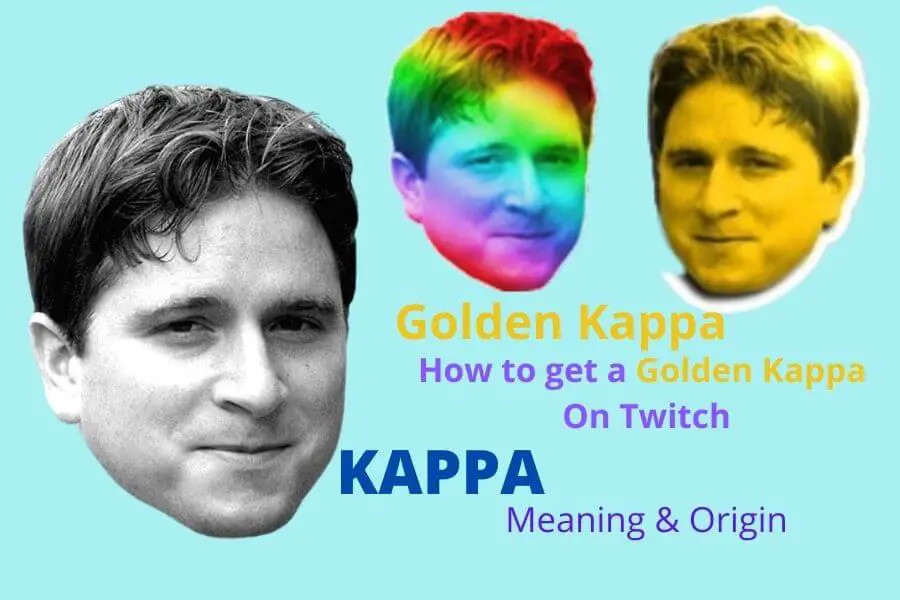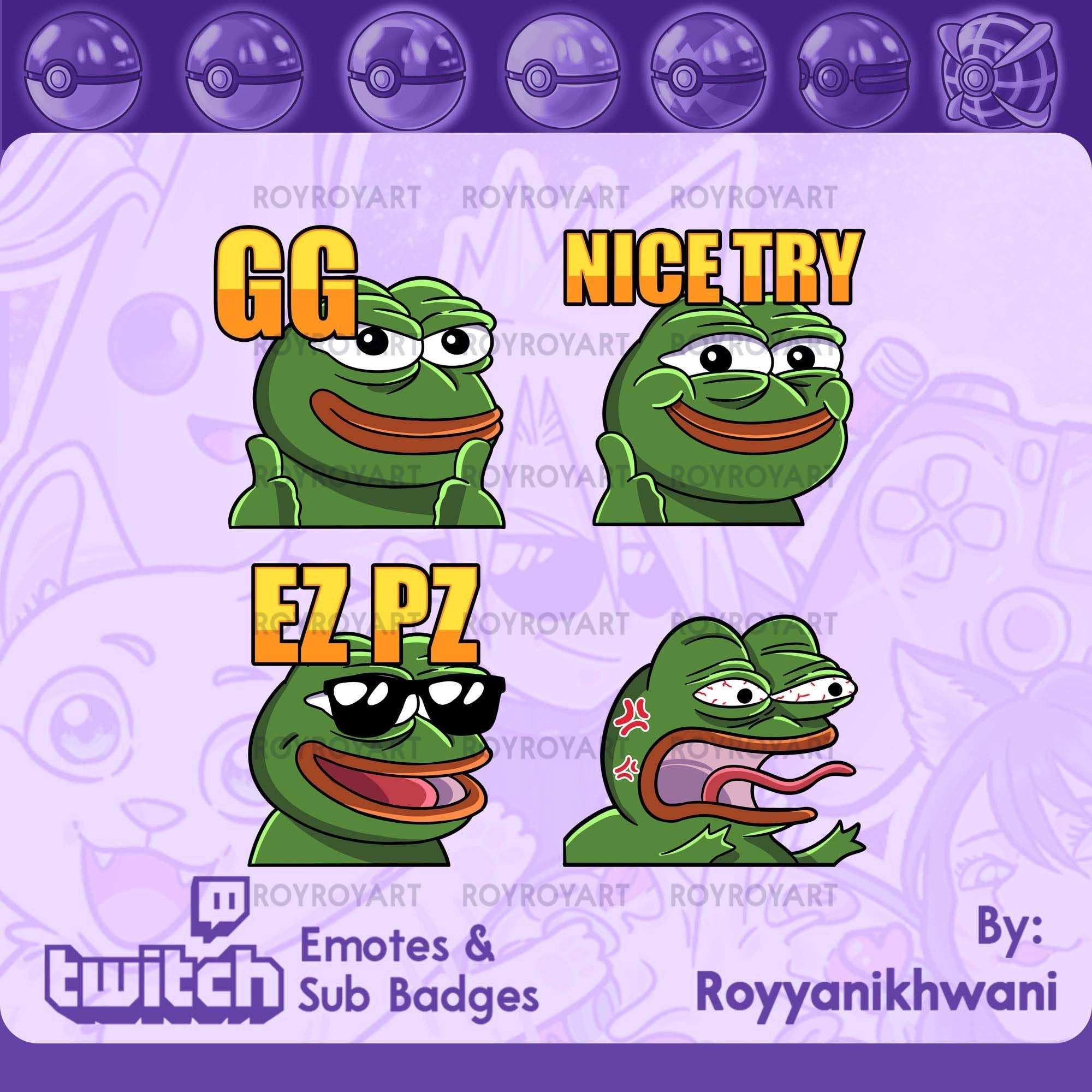
The DMCA’s Section 512, also known as the Online Copyright Infringement Liability Limitation Act, sets out certain safe harbors that limit copyright infringement liability for certain conduct of qualifying online service providers. As explained below, the results of any DMCA dispute concerning a livestreaming video service will likely turn on these precise-and often unpredictable-factual and legal issues. A service’s handling of the copyrighted content at issue, particularly with regard to storage and transmission, governs whether it may take advantage of one safe harbor or another, or whether the safe harbors will be available at all. These technical distinctions could be critical. Either way, unlike video-hosting sites like YouTube (some of which may also offer livestreaming services), dedicated livestreaming video services offer evanescence as a feature. 3 See Kerry Flynn, Periscope Videos Are Saved to Servers Unless You Delete Them: Here’s How Meerkat, Snapchat and YouNow Compare, International Business Times (May 15, 2015), (last accessed Aug. But Meerkat does not automatically store videos: users can only view streams live. 2 Periscope, Privacy Policy, (last accessed Aug. For example, Periscope stores the videos its users stream for twenty-four hours, allowing others to view the video during that time. Some livestreaming video services keep copies of their users’ streamed videos for longer than the livestreaming period, but they do not generally keep them forever, as sites dedicating to video uploading would.

This is distinct from plain “streaming” services like Pandora or Netflix, which continuously deliver to users (hence “stream”) stored copies of their media, instead of offering users downloads of that media. The service broadcasts that video essentially as it happens. Livestreamers capture video with their personal devices, generally mobile phones or computers. Livestreaming video services, including services like Meerkat, Periscope, Livestream, and Twitch, allow users to broadcast and view video in real time. But the DMCA’s terms, alongside recent copyright developments and the technical operation of livestreaming services, suggests some uncertainty as to whether the DMCA’s safe harbor provisions are applicable to livestreaming services. And at least one court has applied DMCA safe harbor analysis to a livestreaming service.

But as more users livestream material that could fall under copyright protection, such as concerts or even movies, scholars and practitioners-and, of course, copyright holders-have voiced questions about how users’ livestreaming of various content should be approached under the law.ĭo the DMCA’s safe harbor provisions apply to livestreaming video services that either do not store copies of streams, or store them for relatively short periods? It is tempting to say so, given livestreaming services’ apparent similarities to other video-streaming and content services that are obviously covered by the safe harbor. In terms of livestreaming video services, one of the newer media technologies to have developed online, most users stream events that raise no copyright concerns: local newsworthy events, pets doing wacky things, marathon runs, and so on.

In many ways, it is remarkable the extent to which the statute anticipated the primary technologies that would structure the online world. And those services have, more or less, fit into the DMCA’s framework.

Yet all of those services have been scrutinized under long-standing copyright law and particularly the DMCA’s “safe harbor” provisions, which insulate certain online service providers from copyright infringement liability.
Dmca meaning twitch free#
For example, capacious and basically free file storage, streaming sites that host enormous quantities of video and audio content, and media-rich, content-driven social networks did not exist at anywhere near their current scale when the DMCA was drafted. Since then, services for creating and sharing content online have exploded beyond the market that existed seventeen years ago. The Digital Millennium Copyright Act (“DMCA”) was enacted in 1998, at a time when the Internet was just beginning to flourish.


 0 kommentar(er)
0 kommentar(er)
